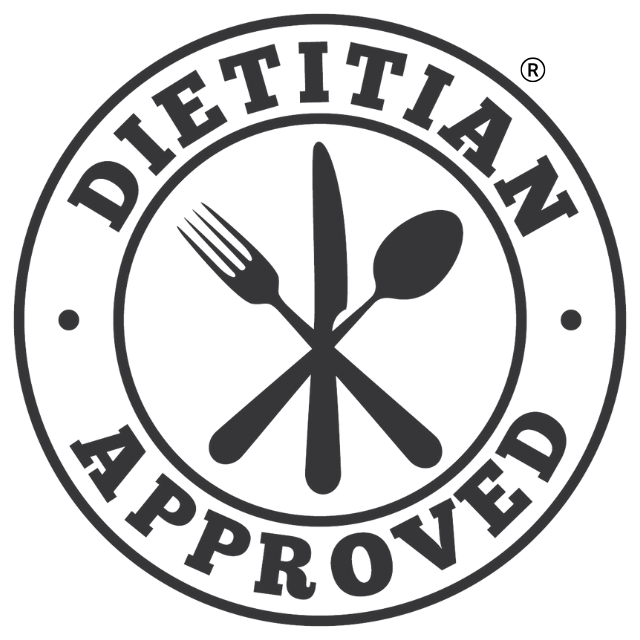How Do You Lose Weight When Training for a Triathlon?
May 30, 2025
You're logging endless kilometres in the pool, on the bike and in your running shoes. Your training plan is meticulous. Yet somehow, the numbers on the scale refuse to budge. If you're feeling exhausted, constantly hungry and frustrated that you’re not losing body fat despite all that training, you're not alone. This is one of the most common struggles I see as an advanced sports dietitian working with triathletes.
The truth is, you simply cannot out-train a poor diet.
There’s No One Size Fits All
Next time you're at an Ironman event, take a look at the athletes around you - they’re all different shapes and sizes. Many of them train 15+ hours a week but still struggle with body composition. The disconnect often stems from a fundamental misunderstanding of how our bodies respond to training and nutrition.
It sounds like a contradiction, but under-fuelling during heavy training doesn't lead to fat loss – it leads to compromised recovery, diminished performance and a body that clings desperately to its energy stores. The result? Depleted, exhausted athletes moving further away from their goals with each training session.
Balancing Energy Requirements
When training for long-course triathlons, your energy demands skyrocket but so many athletes don’t know how to fuel properly.
This creates a frustrating cycle: inadequate nutrition leads to poor recovery, which diminishes training quality, which reduces your body's ability to utilise fat as fuel. The end result is often injury, burnout and stalled progress.
The Appetite Rollercoaster
During heavy training blocks, your appetite regulation can go haywire. Some days you're ravenous; others you have no appetite at all. Add in training fatigue, and you're naturally drawn toward quick-fix carbs and sugars – often consuming more calories than your session actually burned.
This isn't a willpower issue – it's your body's natural response to energy demands. But without a strategic approach, these patterns can completely derail your body composition goals.
Taking A Strategic Approach
Losing body fat while training for triathlon is absolutely possible, but it requires a strategic approach. Rather than drastic calorie cutting or carb cutting, focus on creating sustainable deficits during less critical training windows while continuing to fuel effectively on key training days.
The off-season is an ideal opportunity to address body composition without compromising performance. Attempting significant fat loss during peak training or race preparation is almost always counterproductive.
Testimonial: Erin lost 40 pounds while getting faster and stronger
Make sure you stay tuned toward the end of the episode where I interview Erin, a member of the Triathlon Nutrition Academy Program, who learned exactly how to shed a significant amount of body fat while fuelling her body for performance. She not only completely changed her body composition, but came out stronger, faster and continues to knock out rockstar race performances.
Other articles you may be interested in:
Estimate your sweat rate: New free tool! With Lindsey Hunt
Hall Of Fame Swimmer Turned Triathlete: Chad Rolfs On Training, Racing And Nutrition
What Leanne has learnt from 18 Ironmans!
Top 10 Superfoods for Endurance Athletes
How Long Does It Take to Prep for a Triathlon? Insights from a Triathlon Dietitian
Unveiling the Secrets of a Triathlete's Diet
New research that's blown everything we knew about protein out of the water
Ready to level up your nutrition?
Start with the Triathlon Nutrition Kickstart Course.
The ULTIMATE
Triathlon Nutrition Checklist
Wondering how well you're nailing your nutrition to support triathlon training and racing?
Download my FREE 50 step checklist to triathlon nutrition mastery.
We hate SPAM. We will never sell your information, for any reason.



